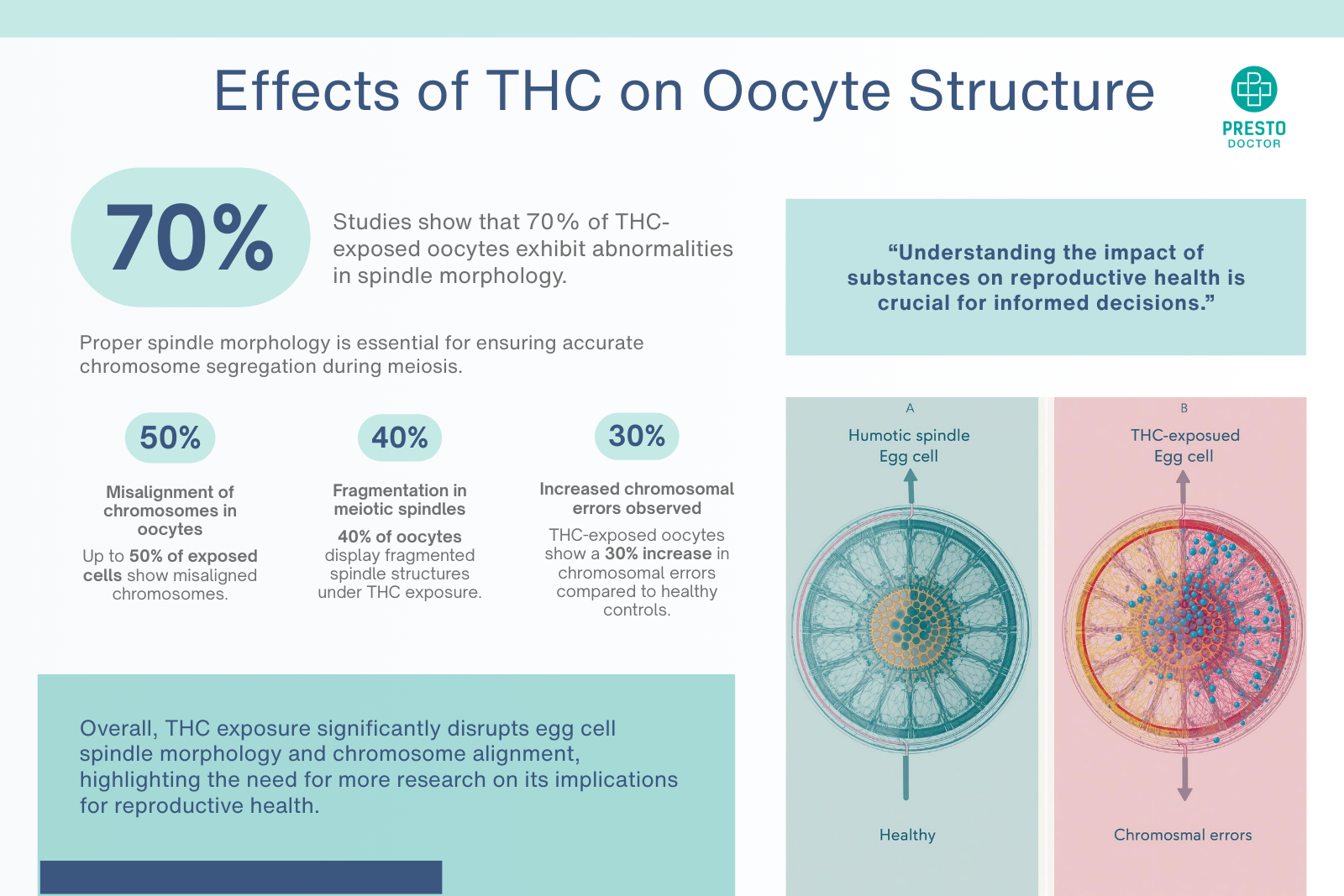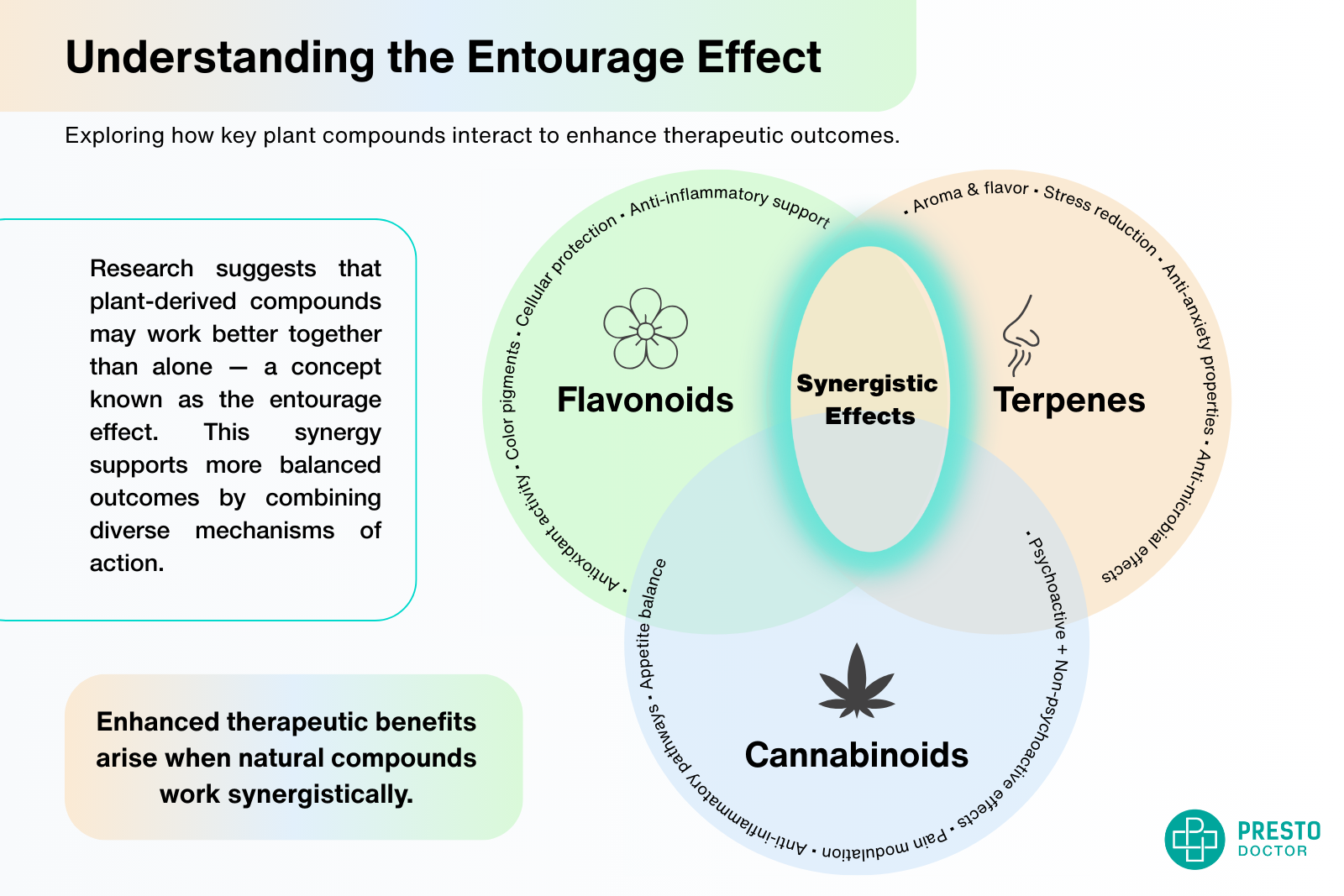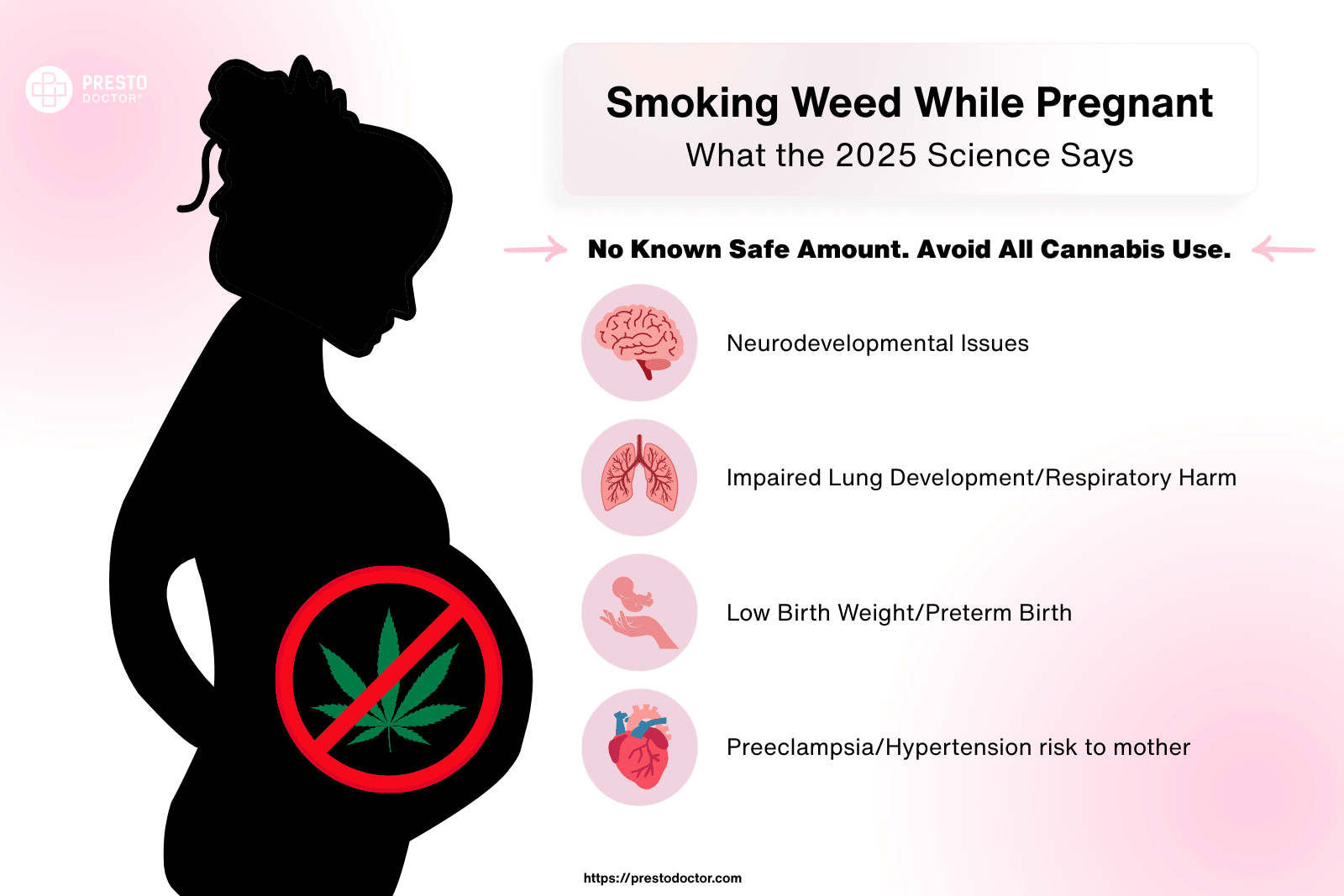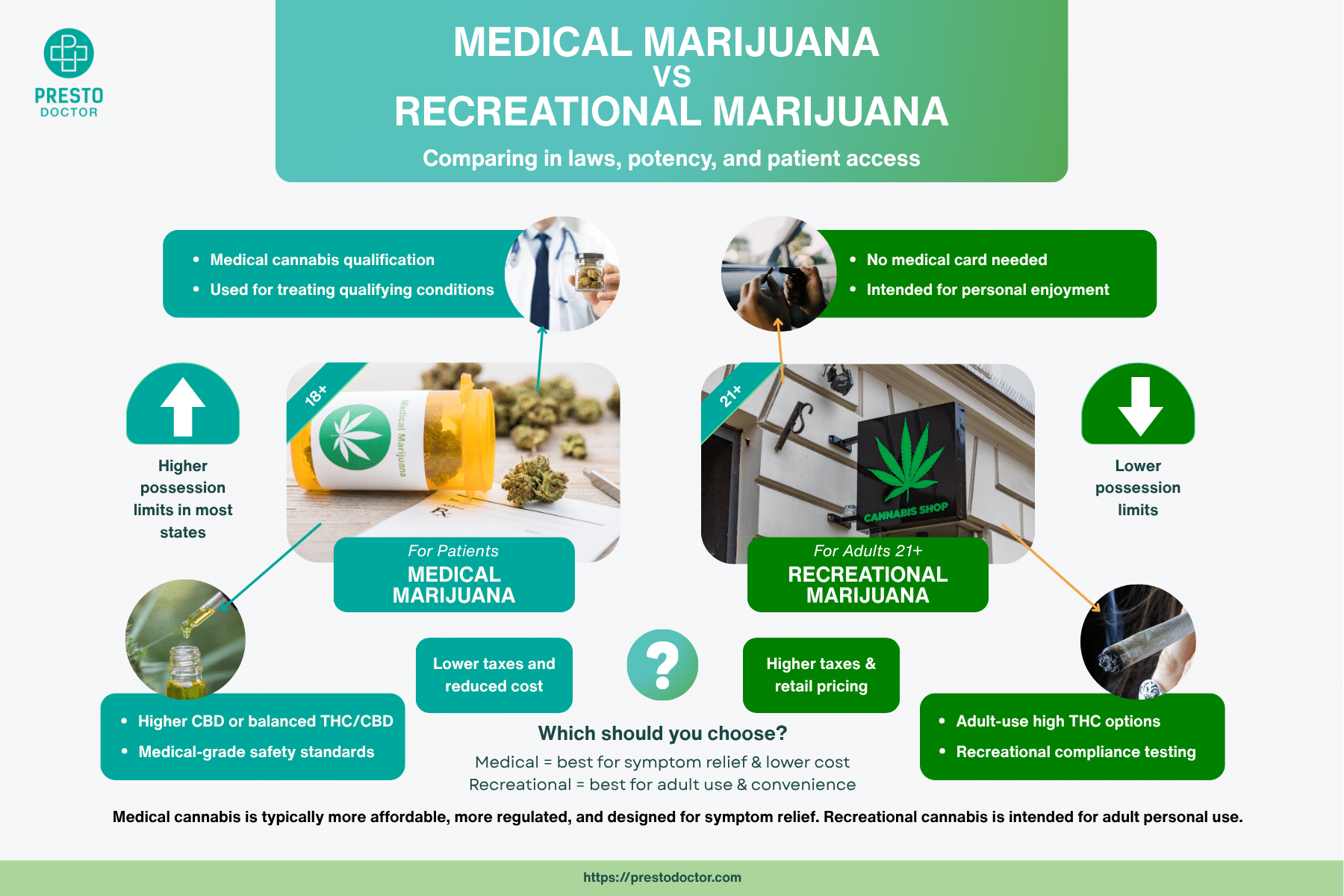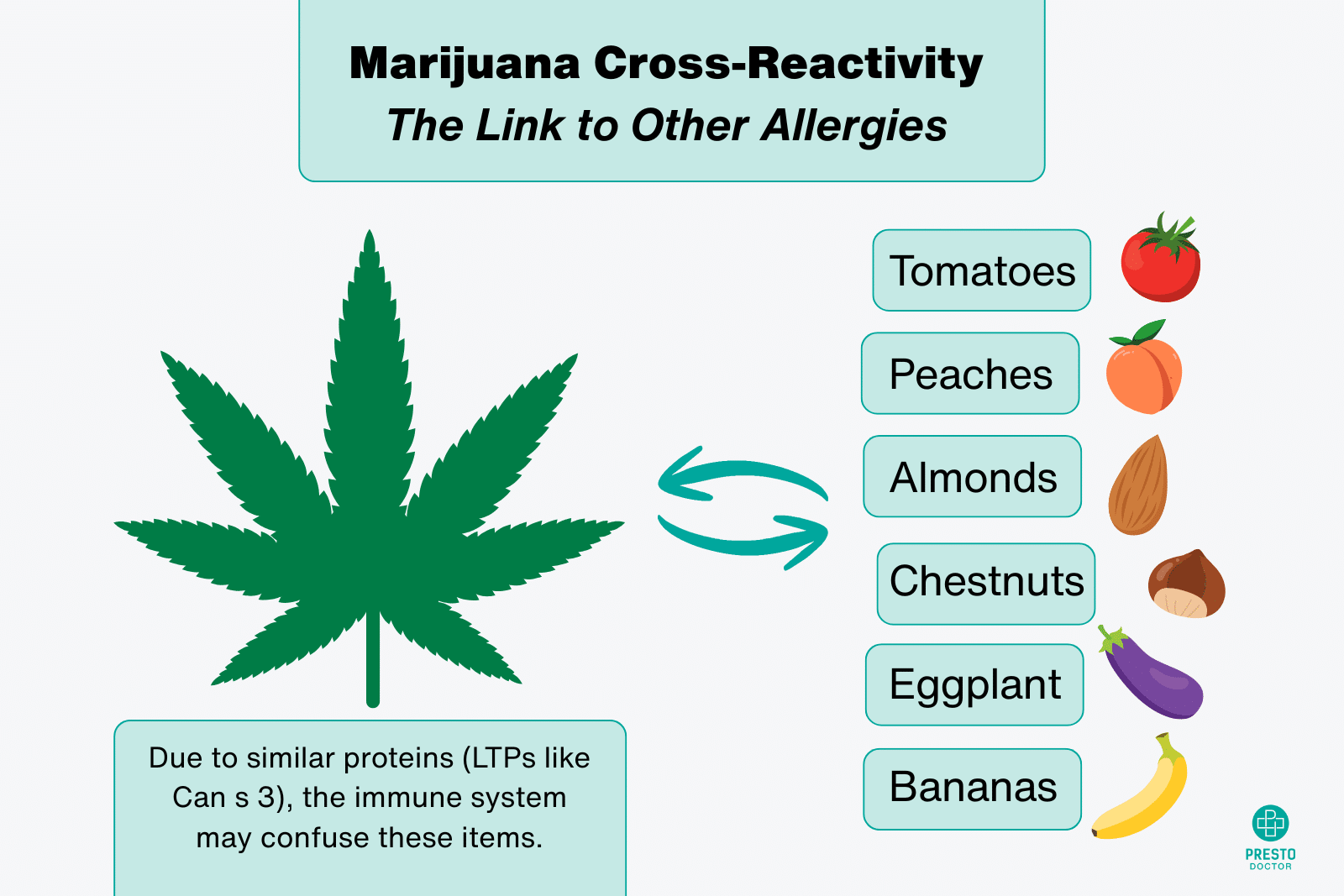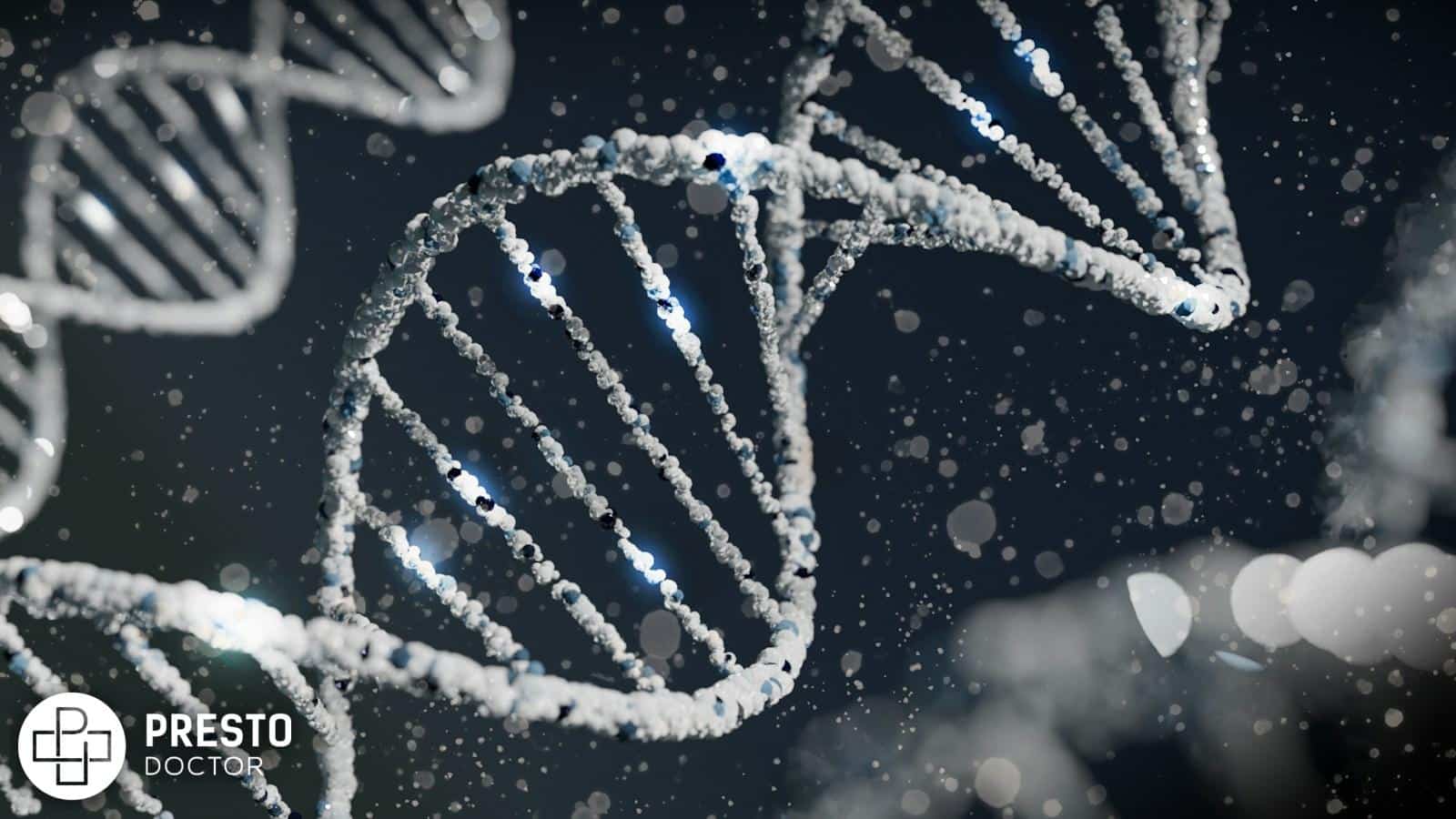
The presence of cannabinoid receptors is well-documented and plays a crucial role in the body’s response to cannabinoids. However, is it possible for individuals to lack these receptors altogether? While these receptors are crucial for regulating pain, immune function, and mood, the possibility of individuals lacking cannabinoid receptors altogether raises intriguing questions. Understanding the presence or absence of cannabinoid receptors is essential for comprehending the effects of cannabinoids on the body.
What are Cannabinoid Receptors?
Cannabinoid receptors are cell membrane proteins that are part of the endocannabinoid system. They are vital for the body’s response to cannabinoids. Additionally, they are specifically designed to interact with cannabinoids, allowing them to exert their effects on the body. They are responsible for regulating various physiological processes such as pain, appetite, mood, and immune response.
There are two main types of cannabinoid receptors, known as CB1 and CB2. CB1 receptors are primarily found in the brain and central nervous system. CB2 receptors are mainly located in immune cells and peripheral tissues.
CB1 & CB2 interact with endocannabinoids, which are naturally occurring cannabinoids produced by the body. Now, while the presence of cannabinoid receptors is well-established in humans and many animals, it is important to note that not all organisms have the same endocannabinoid system. For instance, some invertebrates, like insects, may lack these receptors altogether.
However, when it comes to humans, the presence of cannabinoid receptors is a fundamental aspect of our biology. They enable the interaction between our endocannabinoids and external cannabinoids, such as those found in cannabis. The activation of our receptors can have various effects on the body, including pain relief, relaxation, and altered cognition.
In conclusion, these receptors are integral to the functioning of the endocannabinoid system in humans. While other organisms may not possess CB1 & CB2 receptors, it is clear that in humans, these receptors play a significant role in maintaining various physiological processes.
The Endocannabinoid System
The endocannabinoid system is a complex cell-signaling system in the body that plays a crucial role in regulating various physiological processes such as pain, inflammation, mood, appetite, and sleep. It consists of endocannabinoids, cannabinoid receptors, and enzymes that break down endocannabinoids. Receptors are crucial components of the endocannabinoid system, as they bind to endocannabinoids and transmit signals throughout the body. These signals initiate various physiological responses. This activation of CB1 and CB2 receptors helps regulate processes such as pain perception, immune function, mood, and appetite.
Research on Cannabinoid Receptor Deficiency
The interaction between cannabinoids, such as those found in cannabis, and these receptors is what produces various physiological effects. When cannabinoids bind to the receptors, they can modulate neurotransmitter release, influence immune responses, and impact overall cell function. Given the widespread distribution of cannabinoid receptors in the body and their involvement in numerous physiological processes, it is highly unlikely that an individual would not have them. However, it is worth noting that some variations or mutations in the genes that code for these receptors can affect their functionality or expression levels.
Limited research has explored cannabinoid receptor deficiency, but some studies suggest that individuals with genetic mutations leading to the absence of receptors may experience altered pain perception and immune function. Further research is necessary to fully understand the implications of this condition.
Possible Genetic Mutations Leading to the Absence of Cannabinoid Receptors
Certain genetic mutations can lead to the absence of cannabinoid receptors. Genetic mutations can occur in the CB1 receptor gene, leading to the absence or dysfunction of CB1 receptors. One specific example is the CB1 receptor gene mutation. When this mutation occurs, it hinders the normal production of functional CB1 receptors. As a result, individuals with this mutation may experience a reduced ability to respond to cannabinoids. Also, their endocannabinoid system may not function optimally.
Can I Lack Cannabinoid Receptors?
Cannabinoid receptors play a crucial role in the endocannabinoid system, which is responsible for regulating various physiological processes in the body. They interact with cannabinoids, such as those found in cannabis, to produce various effects. But is it possible for individuals to not have cannabinoid receptors?
While it is extremely rare, there have been some reported cases of individuals who lack functional cannabinoid receptors. This condition is known as “cannabinoid receptor deficiency” or “endocannabinoid system deficiency.” Research suggests that this deficiency may contribute to certain health conditions and symptoms, including chronic pain, migraines, and mood disorders. The absence or dysfunction of receptors can occur due to genetic mutations or alterations in the genes responsible for encoding these receptors. These mutations can affect the structure or function of the receptor, rendering it non-functional or significantly impaired.
However, it is important to note that the majority of individuals have functioning cannabinoid receptors. These receptors are widely distributed throughout the body, particularly in the brain, immune system, and peripheral tissues. They play a crucial role in maintaining homeostasis and regulating various physiological processes, including pain perception, immune response, mood, and appetite. Further research is necessary to fully understand the implications of this rare deficiency and its impact on human health. Studying individuals with this rare condition can provide valuable insights into the role of the endocannabinoid system and help develop targeted therapies for related disorders. In conclusion, while it is possible for individuals to have cannabinoid receptor deficiency, it is an extremely rare condition. The majority of people have functioning receptors, which are essential for the proper functioning of the endocannabinoid system and maintaining overall health and well-being.
Potential Effects of Lacking Cannabinoid Receptors
Cannabinoid receptors are essential for regulating various physiological processes in our bodies by interacting with compounds found in cannabis. Research indicates that these receptors are present in most living organisms, including humans, and are located throughout the body, including the brain, immune system, and peripheral tissues. They are responsible for the effects of cannabinoids like THC and CBD.
The absence or malfunctioning of cannabinoid receptors can have significant physiological and psychological effects. Without functional receptors, the body is unable to respond to endocannabinoids naturally produced by the body. The endocannabinoid system, which includes these receptors, regulates pain, mood, appetite, sleep, and immune function. Lack of functional receptors can disrupt these regulatory mechanisms, potentially leading to health complications.
One implication is the difficulty in managing pain, as the endocannabinoid system modulates pain perception. Without proper receptor function, individuals may experience heightened sensitivity to pain or reduced pain management ability. Additionally, cannabinoid receptors play a role in mood regulation, and individuals who lack them may not experience the same therapeutic benefits for conditions like anxiety and depression. Cannabinoids also modulate immune responses, impacting the immune system’s response. Without proper receptor function, regulation of inflammation and the response to pathogens may be compromised.
While it is extremely rare to lack cannabinoid receptors, the potential implications of such a condition are significant. From pain management to mood regulation and immune function, these receptors play a crucial role in maintaining overall well-being.
Conclusion
In conclusion, cannabinoid receptors play a crucial role in the functioning of the endocannabinoid system and the body’s response to cannabinoids. Further research is necessary to fully understand the implications of not having cannabinoid receptors and explore potential treatments or interventions for individuals with this condition. The absence of cannabinoid receptors highlights the complexity of the endocannabinoid system and the need for continued scientific investigation.

